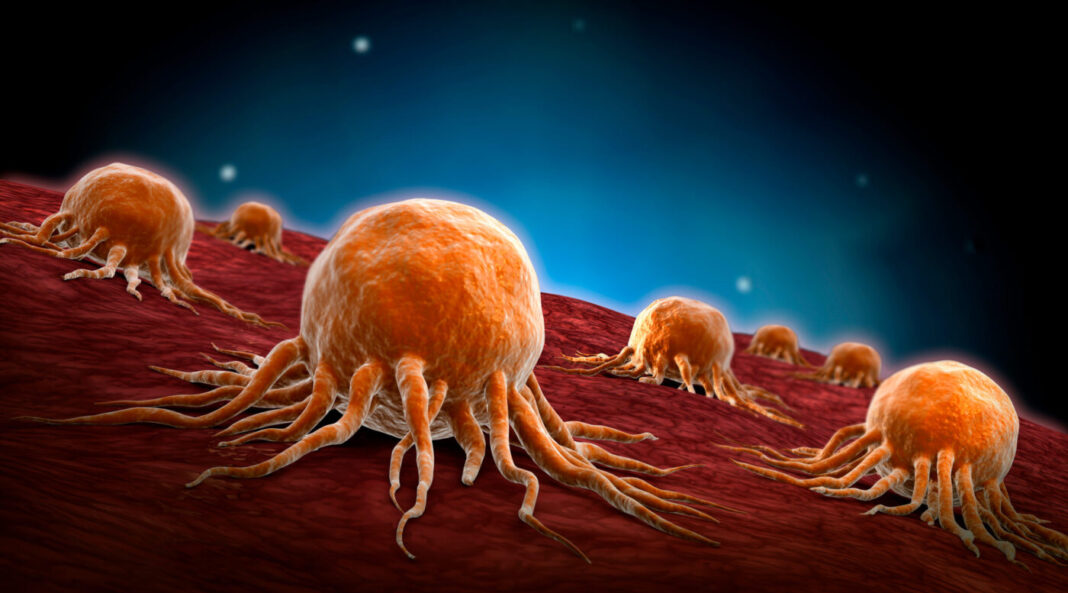Immunotherapies have revolutionized cancer treatment. These include therapies that prevent cancer cells from inhibiting the immune response by blocking “immune checkpoints,” which allows the immune cells to successfully attack the cancer cells. Researchers at the University of Basel now report a new approach in mice to engage anti-tumor immune responses more efficiently. The researchers targeted sugar molecules used by cancer cells to produce an increase in an anti-tumor immune response.
Their findings, “Targeting cancer glycosylation repolarizes tumor-associated macrophages allowing effective immune checkpoint blockade,” were published in Science Translational Medicine.
“Immune checkpoint blockade (ICB) has substantially improved the prognosis of patients with cancer, but the majority experience limited benefit, supporting the need for new therapeutic approaches,” wrote the researchers. “Up-regulation of sialic acid–containing glycans, termed hypersialylation, is a common feature of cancer-associated glycosylation, driving disease progression and immune escape through the engagement of Siglec receptors on tumor-infiltrating immune cells. Here, we show that tumor sialylation correlates with distinct immune states and reduced survival in human cancers.”
“With many tumors, however, there have only been modest levels of success. That’s why we’re looking for new approaches to engage anti-tumor immune responses more efficiently,” explained Heinz Läubli, MD, PhD, professor, department of biomedicine at the University of Basel and the University Hospital Basel.
The particular sugars they targeted, which contain sialic acid, also occur in healthy cells, and are important for cell-to-cell communication. However, tumors boost the proportion of these sugars on their surface.
More precise analyses enabled the researchers to identify in mice exactly which receptor it is on the macrophages that recognizes the sialic acid sugars. If the equivalent receptor could be identified in humans, then that could be another target to help fight cancer cells with the aid of the patient’s own immune system.
“The combination of our approach with the immune checkpoint blockade methods that have already been established meant we could really put the brakes on tumor growth in the laboratory mice,” said Läubli.
The researchers are looking for ways of removing the sialic acid sugars from the tumor and its surroundings in as targeted a manner as possible, to avoid disrupting the function of healthy cells and eliminate side effects.


